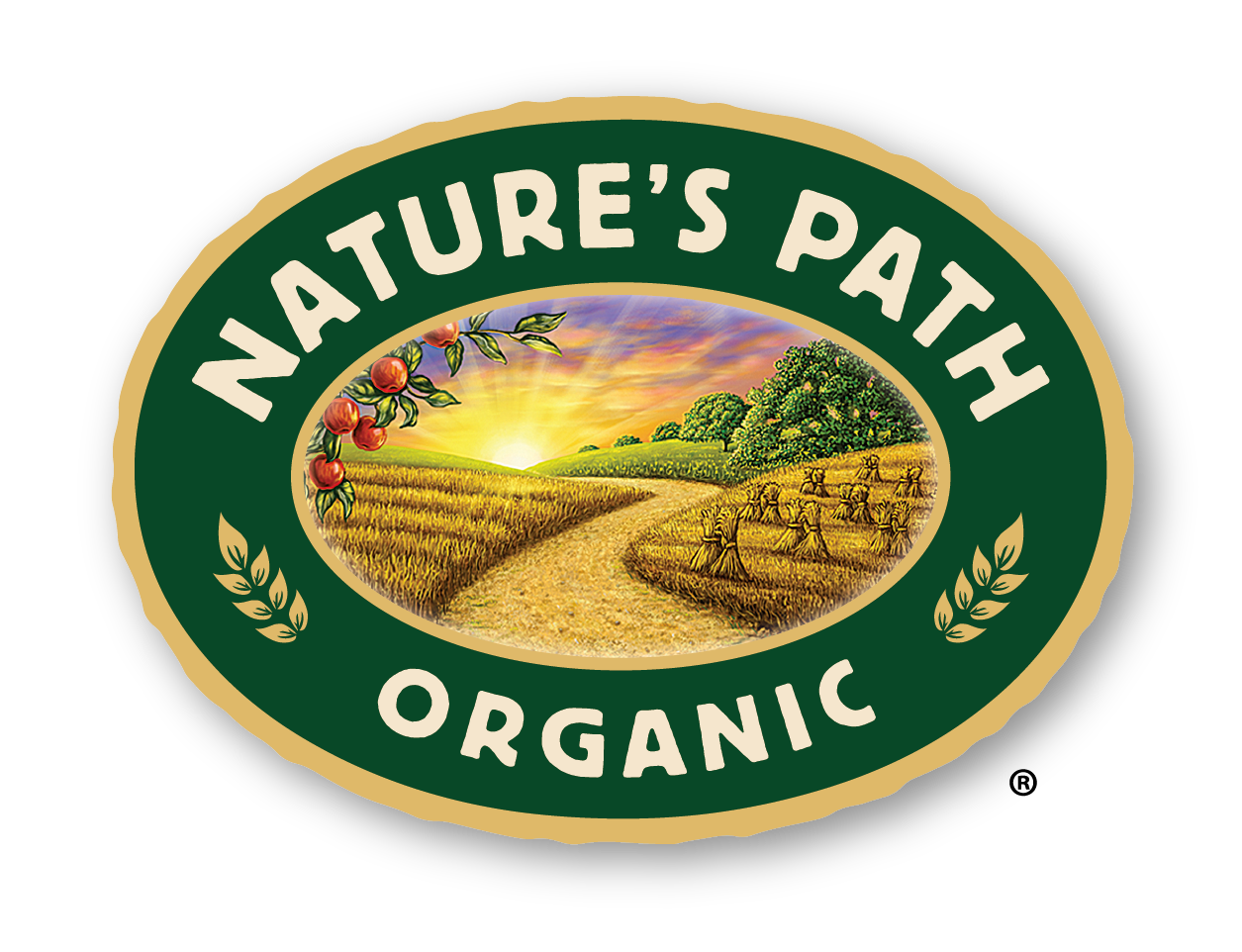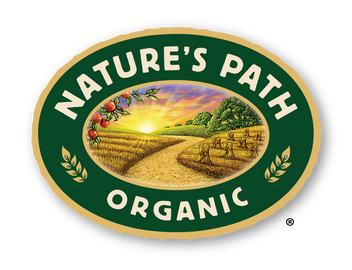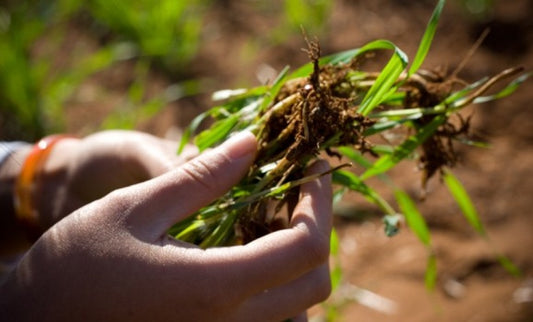How ‘Free Seed’ Make Organic Food Better
While this may seem like nothing more than the expansion of a profitable market, that’s not the whole story. Organic varieties are diverse in part because the building blocks of our modern organic seeds came out of a diverse system—the free exchange of genetic material between farmers and gardeners, University and commercial seed breeders. Contemporary breeders face greater restrictions, namely from changes to patent laws in the past two decades that make it easier to privatize plant genetics.A Primer on Organic Seed Breeding: Open Pollination and Hybridization
Organic seed varieties are produced in one of two ways, both of which are patentable: Open pollinated (OP) seeds are the result of pollination through wind, insects, or other natural forces. Because genetic material transfers freely and unpredictably, OP seeds always exhibit some variation of traits. Although OP seeds are not produced in labs, that doesn’t mean they are free of human influence. The simplest – and most ancient – form of plant breeding is seed saving. Each time a farmer or gardener chooses a plant with desirable traits (such as flavor, color, storability, etc.) from which to save seed, she is helping to breed that variety. OP seed breeders can and do protect the intellectual property rights of their work via Utility Patents and Plant Variety Protections (PVPs). Hybrid seed is the result of controlled cross-pollination. Breeders create hybrids by selecting specific parent plants and hand-pollinating them in a restricted environment. Repeated controlled pollination allows breeders to stabilize a specific set of traits. Because only a cross of the original parent varieties can produce new seed, hybridization is labor intensive and the seeds are often more expensive. Hybrid varieties are valued for their disease resistance and vigor, and are often patented.Strength in Diversity
Organic farming relies on biodiversity to control pests and diseases, and organic seed takes that sentiment a step further. Organic seed breeders work primarily with OP varieties because in an open pollinated system, new genetic traits can emerge and offer improvements to existing varieties. While organic farming may be a booming industry, the organic seed industry continues to trail behind it and is just now beginning to seriously address the growing need for strong, reliable varieties that exhibit the traits organic consumers want. A seed production system that values and utilizes genetic diversity is the quickest way to make that happen.Limitations of Patenting
While it is understandable that a breeder might want to protect (and profit from) their seed development efforts, there are some serious consequences to a system where natural traits such as crispness in lettuce leaves or pleasant taste in a melon become patentable, but that’s just what happened in a 2001 U.S. Supreme Court case. Ruling that natural traits may be patented when they are “novel,” the court inadvertently created a limitation on future variety development. Patented plant seeds cannot be saved or used in the breeding efforts of anyone who doesn’t hold their patent, so as more and more varieties are granted patents, fewer remain in the public germplasm and, therefore, the genetic palate of seed breeders working to create new varieties becomes more and more limited. Freeing the Seed In 2014, inspired by the idea of open source software, a small group of prominent organic seed breeders founded the non-profit Open Source Seed Initiative in an effort to protect their own intellectual property from being patented by others. OSSI offers seed breeders throughout the world the option of pledging to keep their breeding work in the public domain. Much like a food product displaying a third-party certification (like the “Non-GMO” label), OSSI also allows approved seed to display their logo, signifying that variety’s commitment to being an open source seed. The breeders behind OSSI have a career’s worth of intellectual property at stake, so it makes sense that they would want to protect it. But the rest of us eaters (and gardeners) might have a little skin in the game, too. Especially if we like the idea of an increasingly vigorous and sustainable organic farming movement.Would you like to be the first to hear about our new products and more? Sign up for our Nature’s Path Newsletter.








